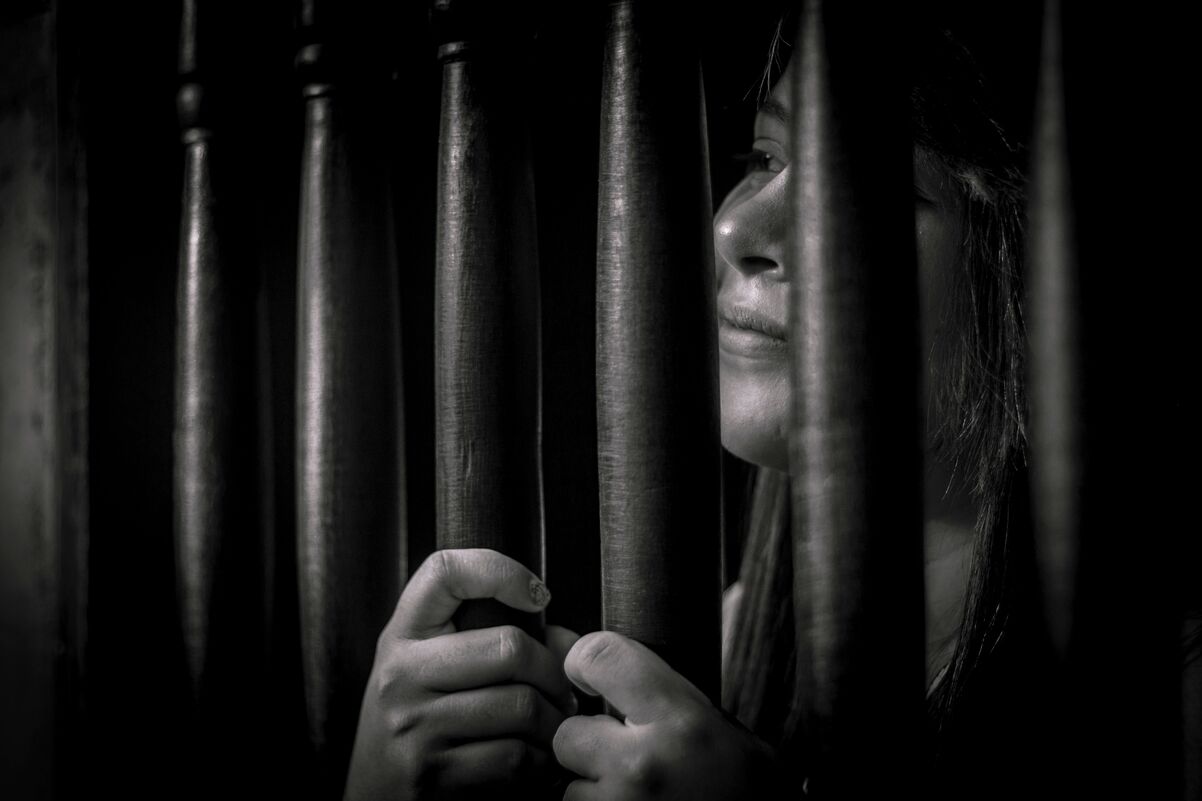Missouri can never again deny transgender people medically necessary care, according to a federal court rulingannounced Tuesday.
The U.S. Eastern District Court of Missouri has ordered the Missouri Department of Corrections (MDOC) to permanently halt its “freeze-frame” policy. That sweeping rule denied hormones to transgender people behind bars if they weren’t receiving them prior to incarceration.
The win is the result of a lawsuit brought by Jessica Hicklin, a trans woman serving a life sentence at Potosi Correctional Center. In February, the court granted Hicklin’s preliminary injunction, allowing her access to hormones, body hair removal, and female canteen items.
Tuesday’s decision forces MDOC and its healthcare contractor Corizon Health to continue providing Hicklin transition-related services, but it also means the state will have to provide medically-necessary care to all of its transgender inmates.
“The Court finds that Plaintiff has presented evidence to show that she has suffered irreparable injury as a result of Defendants’ failure to provide her with medically necessary treatment for her gender dysphoria and their application of the freeze-frame policy and will again suffer such injury if the requested relief is not granted,” wrote Judge Noelle C. Collins in her decision.
“Defendants are permanently enjoined from enforcing the freeze-frame policy,” Collins added.
Collins also ordered MDOC to pay Hicklin’s expenses and attorney’s fees related to the case.
Demoya Gordon, transgender rights project attorney for Lambda Legal, which represented Hicklin, called Missouri’s freeze-frame policy “cruel and unlawful” in a statement celebrating the win.
“This is the first court in the country that we know of to rule specifically that ‘freeze-frame policies’ are unconstitutional,” Gordon said. “We are hopeful that other courts will see these discriminatory policies as deliberate indifference to incarcerated transgender people’s serious medical needs and follow suit.”
Hicklin said in a statement that being able to transition means she can finally breathe.
“This final decision makes it unquestionably clear that prisons cannot deny transgender people like me life-saving medical care and that MDOC and Corizon must continue to provide the gender dysphoria treatment I need,” she said.
MDOC did not immediately respond to a request to comment.
Help make sure LGBTQ+ stories are being told...
We can't rely on mainstream media to tell our stories. That's why we don't lock our articles behind a paywall. Will you support our mission with a contribution today?
Cancel anytime · Proudly LGBTQ+ owned and operated
Read More in Impact
The Latest on INTO
Subscribe to get a twice-weekly dose of queer news, updates, and insights from the INTO team.
in Your Inbox














